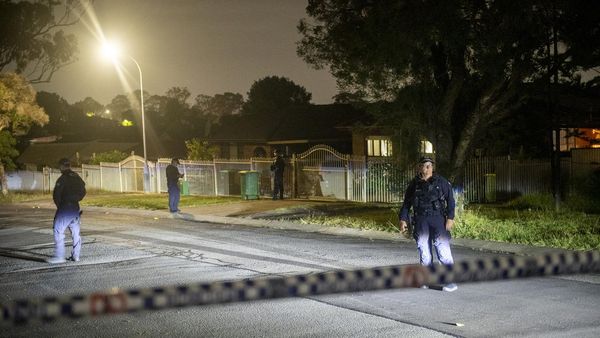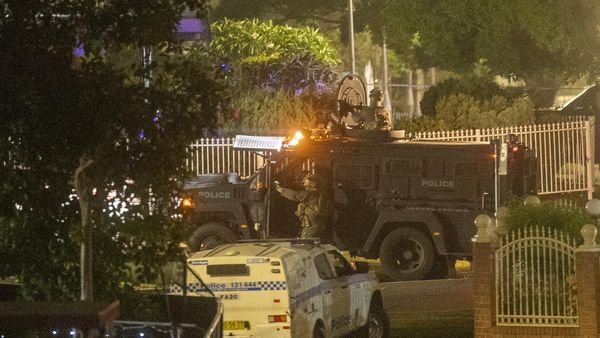
The couple at the centre of Blackout Songs looks like the kind you might see, sloshed and boisterous, on a night bus. She is flamboyant in a fur-lined coat and leather boots; he is an impoverished art student with dyed blond hair. Listening to their odd, associative conversation while they go out on the razzle is at first like eavesdropping on a drunken conversation – not half as interesting when you’re sober.
But as we tune into their flirtations and role plays, we hear tenderness, intensity and undercurrents of pain. This is a drama about love while in the grip of addiction and this pair (we never learn their names) grow on us, and grow in depth too. They meet at an AA meeting and become co-dependent – in their excessive drinking, which brings hectic adventures, and in their drying out.
In Joe White’s play, directed by Guy Jones, the couple are played with a slowburn, charismatic power by Alex Austin and Rebecca Humphries. She is older, richer and full of flinty banter that keeps him at arm’s length: “I have two rules. Stay single and drink doubles,” she says, like a modern-day Bette Davis. He is besotted despite her cruelties and disappearing acts.

Anisha Fields’ set design has chairs against walls which are shifted in fiddly ways along with interludes of movement (directed by Iskandar R Sharazuddin) and music (sound design by Holly Khan). What seems pretentious at first turns powerful, along with lighting by Christopher Nairne which pulsates with hedonistic excess and then tightens its focus around the couple like a visual embrace.
These interludes mark breaks in their story so we only see moments in the relationship, similar to the non-linear staging of Nick Payne’s Constellations. But the gaps here stand in for alcoholic amnesia and this lost memory brings contested realities as well as lacunae in their love story – a theme that is excellently blended into the play’s structure.
Blackout Songs has much to say on mutual addiction: the pair’s compulsion to keep drinking is caught up with creativity for him, a rebellion against “normality” for her. She feels her “real” self to be indelibly entwined with her alcoholism and this becomes the big inner battle. This is brave and original writing, hard-edged and unsentimental one minute, heart-meltingly warm the next. A funny kind of romantic tragedy that becomes compulsive to watch.
At Hampstead theatre, London, until 10 December







